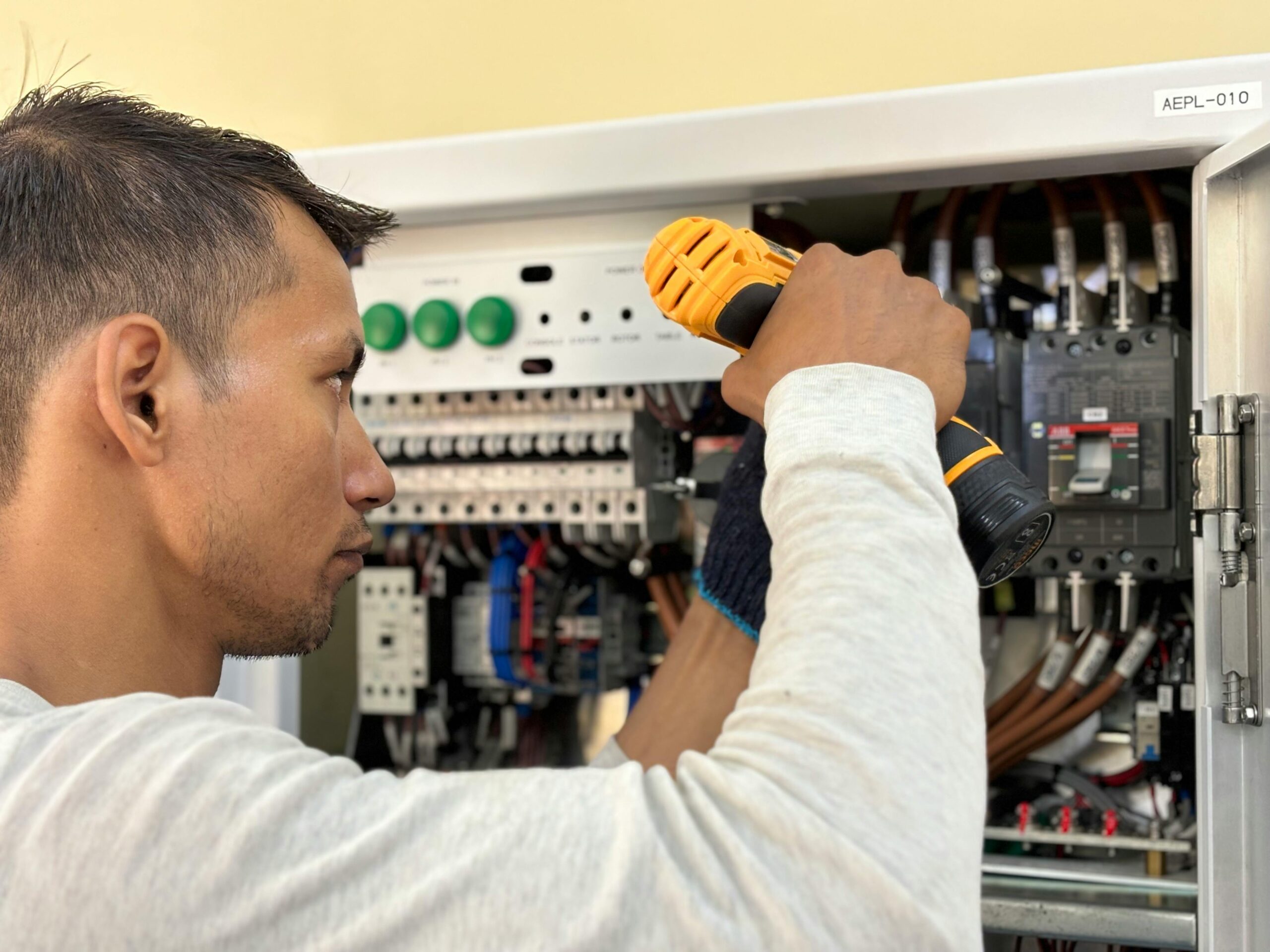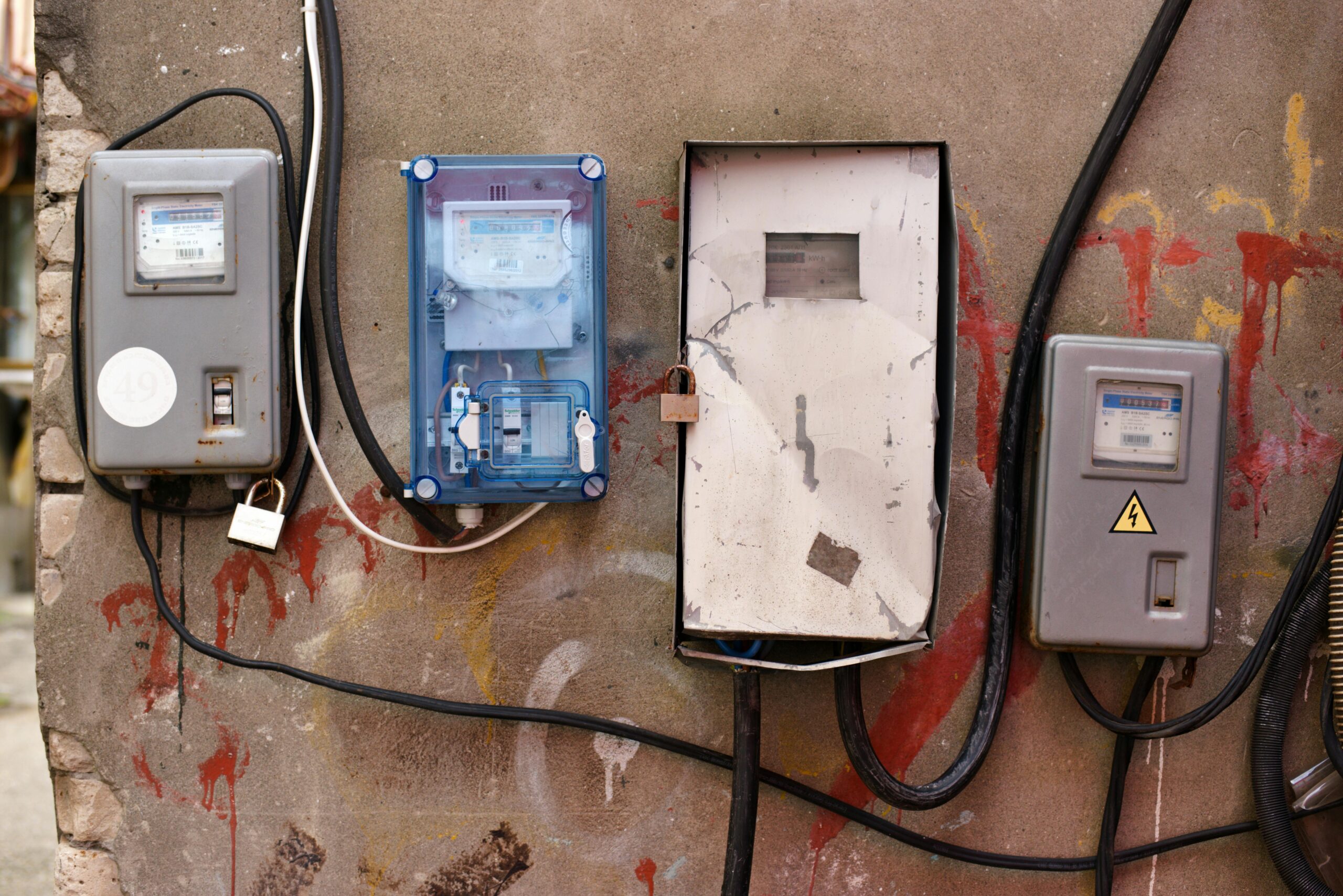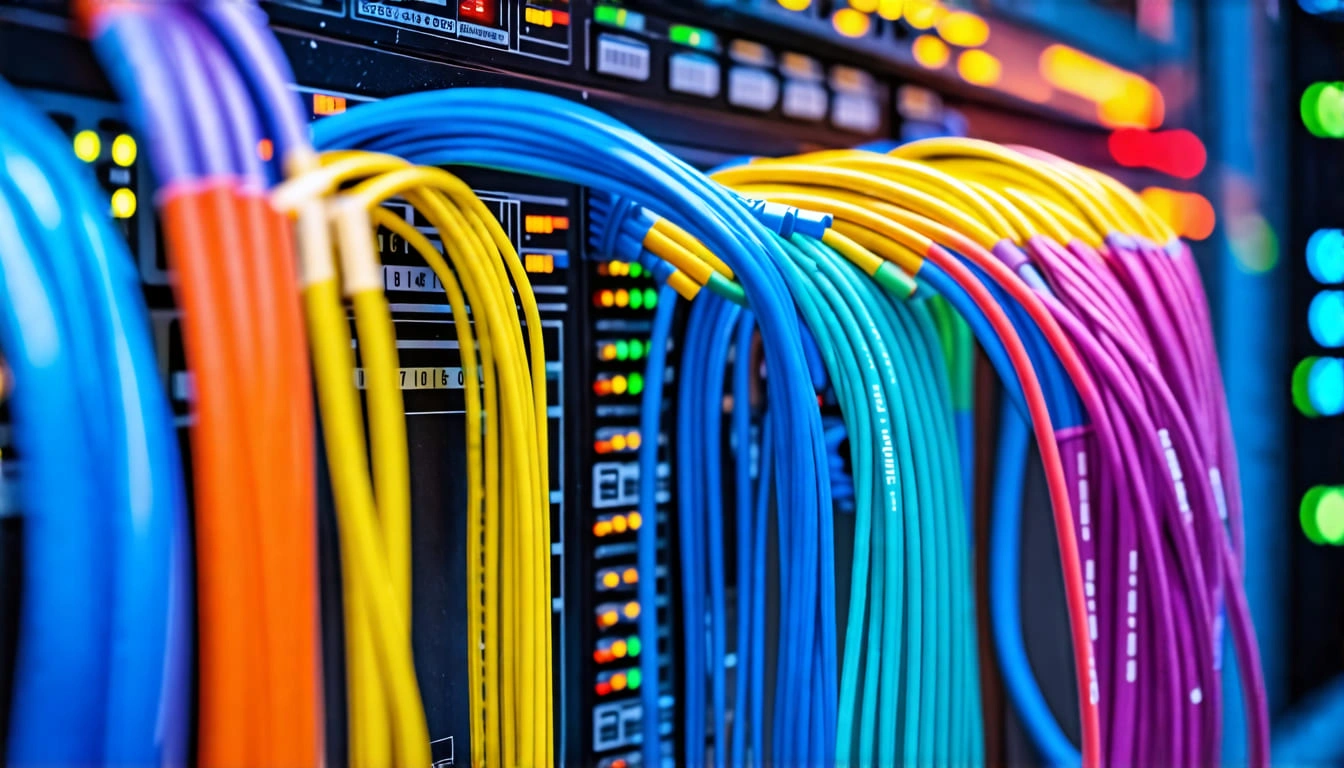Let’s start by talking about whole-house generators. Many homeowners face a common dilemma when considering whether to invest in one.
It’s important to weigh the pros and cons before making a decision. The purpose of this blog is to help you determine if a whole-house generator is a valuable investment for your specific needs. Let’s dive in!
What is a Whole House Generator?
A whole house generator is like a superhero for your home! It’s a device that kicks in automatically during power outages or emergencies, providing backup power to your entire house.
You don’t have to worry about setting it up or connecting it manually because it’s permanently installed and connected to your house’s electrical system.
So, even if there’s a storm or a grid failure, you can still have all your essential systems running smoothly.
Lights, heating, cooling, refrigeration, and even medical equipment will keep working, keeping you and your family safe and comfortable. It’s like having your own power backup plan!
Pros of a Whole House Generator
A whole house generator has many advantages that you’ll absolutely love:
Reliability
You can always count on it to keep your power running, even during outages. So, no need to worry, it gives you peace of mind.
Convenience
The best part is, it’s automatic! You won’t have to bother with manual intervention or monitoring. It’s hassle-free!
Capacity
This generator has got you covered. It can power your entire house, keeping all your essential appliances and systems up and running.
Safety
You can rest easy knowing that it comes with built-in safety features. It protects against overloads and other potential issues, ensuring the safety of your home and family.
Property Value
Installing a whole-house generator can even increase the value of your home. It becomes more attractive to potential buyers, so it’s a win-win!
Versatility
These generators offer various fuel options and can work with different home systems. You have the flexibility and customization options you need.
So, why not consider a whole-house generator? It’s the perfect solution to keep your home powered and your mind at ease.
Cons of a Whole-House Generator
A whole house generator has its pros, but let’s talk about the cons too, so you can make an informed decision:
First, there’s the initial cost. Buying and installing a whole-house generator can be a significant investment. It’s important to budget accordingly and consider the long-term value it brings.
Maintenance is another thing to think about. Regular upkeep is necessary to keep the generator running smoothly and extend its lifespan. You’ll need to change filters, check fluid levels, and conduct routine inspections. It does require some effort and extra costs, but it’s worth it.
Space is also a consideration. These generators can be quite large, so you’ll need enough room on your property for installation. Make sure to assess the available space and find a suitable location for safe and efficient installation.
Now let’s talk about the environmental impact. Depending on the fuel type, there may be some considerations. Generators running on fossil fuels emit greenhouse gases and contribute to air pollution. However, there are cleaner options available, like generators powered by natural gas or renewable energy sources.
Lastly, noise. Some generator models and installations can be noisy during operation. This is important to consider, especially if you have close neighbors or prefer a quiet environment. Look for generators with low noise levels or consider soundproofing during installation.
By weighing these cons against the benefits, you can decide if a whole-house generator is right for you.
Factors to Consider When Deciding
When deciding on a power generator, there are a few factors to consider:
Budget
First and foremost, think about how much you’re willing to spend on a generator. It’s important to evaluate the financial commitment involved.
Power Needs
Take a look at your household’s power consumption and figure out which appliances are essential during outages. This will help you determine the size and capacity of the generator you need.
Location
Consider the weather patterns in your area and how frequently power outages occur. This will help you choose a generator that can withstand the conditions.
Environmental Concerns
If being eco-friendly is important to you, there are generator models available that prioritize sustainability. These options can help reduce your carbon footprint.
Professional Consultation
It’s always a good idea to consult with a professional electrician. They can guide you in selecting the right generator for your specific needs and address any installation requirements.
By taking these factors into account, you can make an informed decision and find the perfect power generator for your home.
Alternatives to Whole House Generators
When it comes to backup power, there are plenty of options to choose from instead of whole-house generators. Each option has its own advantages and disadvantages. For example, portable generators are usually cheaper but have a lower capacity.
They’re great for occasional use and easy to move around, but you’ll need to set them up manually and refuel them regularly.
On the other hand, battery backups are quiet, require minimal maintenance, and automatically kick in during a power outage.
Although they have a lower capacity and higher price compared to portable generators, they can power critical systems for hours or even days. Plus, battery backups are eco-friendly since they produce zero emissions.
When deciding between a whole-house generator and its alternatives, think about your power needs, budget, and convenience.
Whole-house generators are more expensive but provide significant power output and automatically activate during an outage. On the other hand, alternatives like portable generators and battery backups might be more budget-friendly and suitable for smaller-scale power requirements.
Conclusion
In conclusion, whole-house generators offer some great advantages. You get an uninterrupted power supply due to the automatic transfer switch, which is a huge relief during emergencies.
Plus, getting a portable generator or a standby generator can even increase your home value! But, let’s be real, there are a few things to think about. Cost, maintenance, and noise levels can be potential drawbacks.
So, it’s important for homeowners to really evaluate their specific needs. Think about where you live, how often power outages happen, and what you can afford. We definitely recommend talking to professionals to figure out the best solution for you.
The thing is, the value of portable and standby generators really depends on your situation. For some people, the benefits totally outweigh the downsides, so it’s a no-brainer investment. But for others, there might be better options out there, such as air-cooled generators or going with a natural gas line to get the power they need.
We’d love to hear what you think! Feel free to comment and join the discussion. And if you want personalized advice that fits your needs, reach out to a local electrician or a home generator specialist. They have tons of experience and can give you some really helpful insights.
We help companies refine their messaging, hone in their sales process, and grow their pipeline – all with a new website.

![Is a Whole House Generator Worth It for You [Pros and Cons]](https://smithandjoneselectric.com/wp-content/uploads/2023/11/Is-a-Whole-House-Generator-Worth-It-for-You-Pros-and-Cons.webp)


